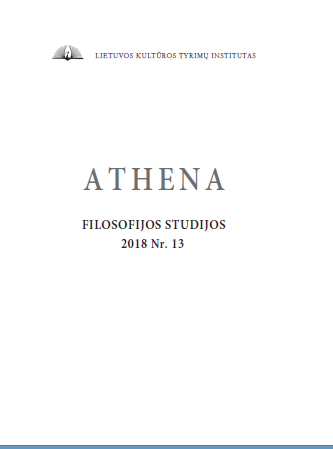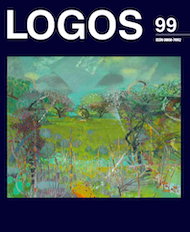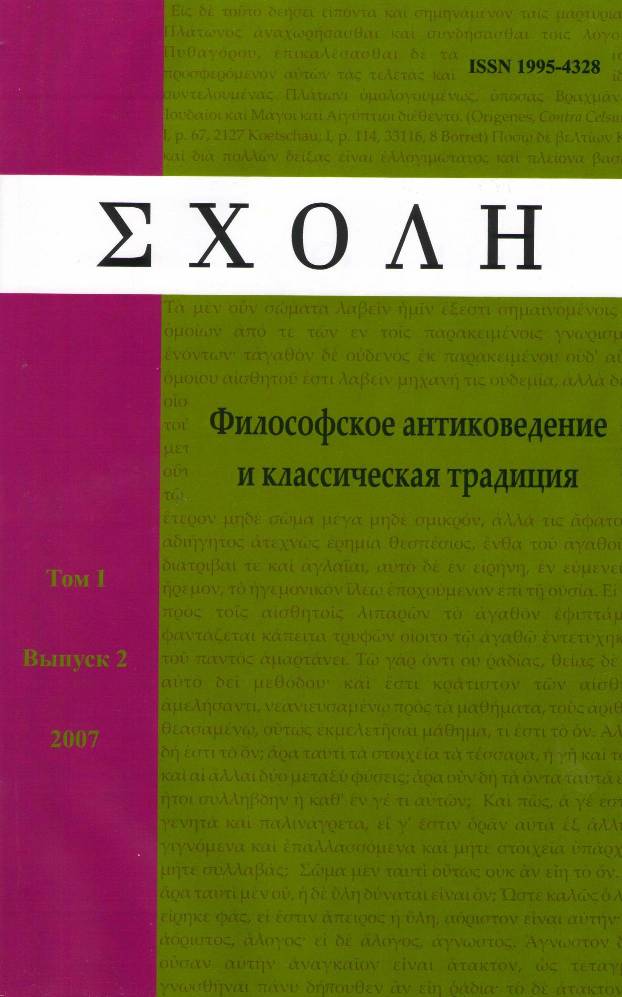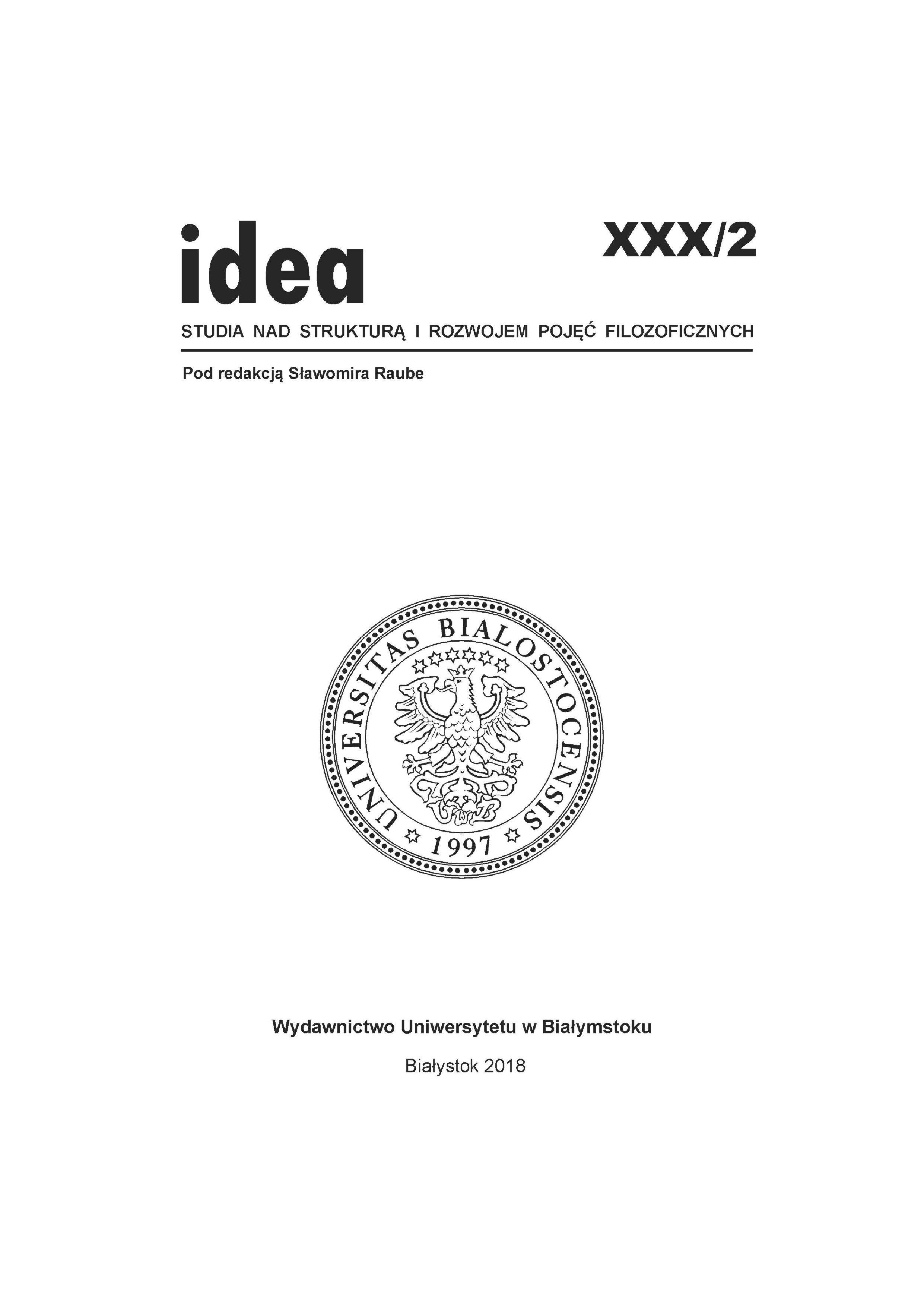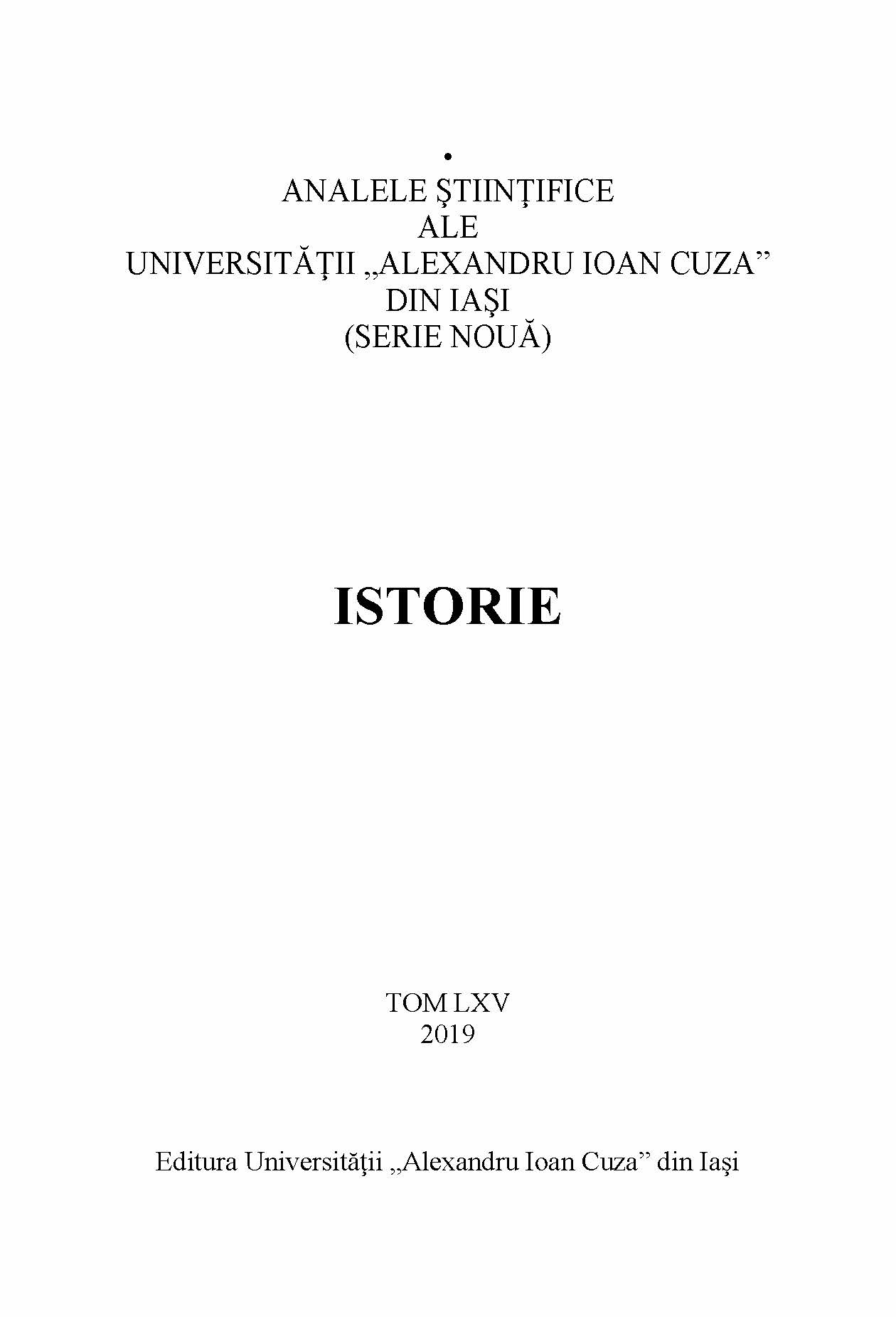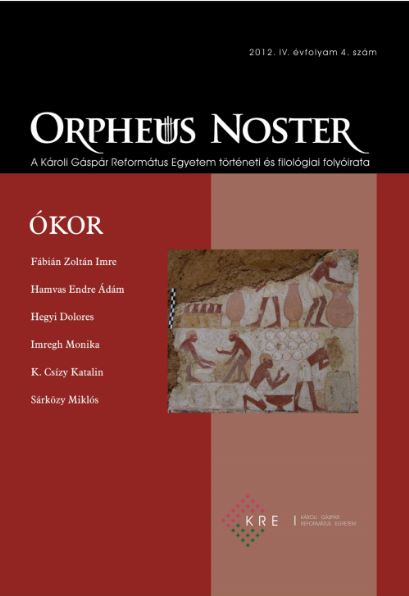
A Pythagoras-életrajzok misztikus elemei
Anhand der Lebensläufe ist es zu vermuten, dass die Gestalt von Pythagoras während des 3. und 4. Jahrhunderts sehr populär und die platonische Philosophie durch die pythagoreischen Vorstellungen durchgedrungen war. Aus vielen gemeinsamen Stellen geht hervor, dass die ethischen Territorien der Philosophie in den Vordergrund gerieten. Zwei Vitae, die Werke von Porphyrios und Jamblich beinhalten viele Anknüpfungspunkte. Der Prozess des ethischen Bildungsganges geschah stufenweise in beiden Schriften. Meine Hypothese ist, dass sich diese Bildung nicht nur bei Jamblich, wie es Lurje behauptete, sondern auch bei Porphyrios in einem vierstufigen System verwirklichte, wobei das philosophische Leben, das eine heilgeschichtliche Sendung hat, als mystischer Aufstieg der Seele galt.
More...
